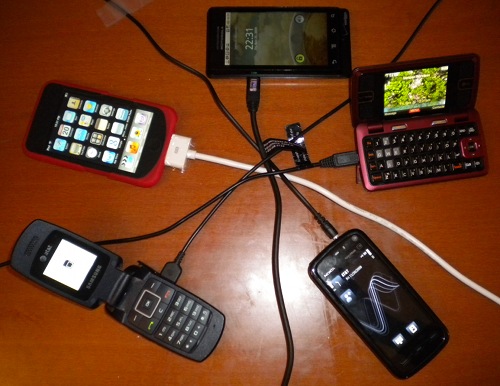
The Supreme Court justified its decision to undo a century of fighting for campaign finance laws on the principle of free speech. The corporation, it argued, is protected by the first amendment, just like people.
It wasn’t the first time corporations were given rights under the first amendment. The history of corporations personhood is long and of great interest, but I don’t want to use up all your attention span on it. Like “free trade”, the corporation is continuously evolving. In 1720, the publicly traded corporation was abolished in England– except by government charter– as a source of corruption, fraud, and economic crashes, which (in the words of Adam Smith) inevitably result in “negligence and profusion”. Early charters for corporations were granted for a specific purpose and limited timespan. That view lasted until 1819, when the corporate charter was deemed irrevocable, and the 1720 decision was totally reversed in 1844. Corporations got their first rights as people in 1886. Since then, they have been accruing rights, in bits and pieces, amendment by amendment. Corporations were first given “free speech” rights in 1947 to fight worker’s freedom to associate into unions, and to advertise freely in 1976 and 1996. But the history of corporate rights is also full of limits and rights-withheld, including first amendment rights limited in 1990 and newly realized restrictions from the Great Bailout that corporations are not free to allot their money without concern for the state of the union.
My point here is that the corporate person is a construction, as is the corporation. As an engineer, I think there are sensible constructions for the corporate body and its rights, but we’ve never known them. We’re all afraid of the fallout from the supreme court decision, but this is only the most recent in an ongoing war of rights. As rising commanders in the people’s army, we have a responsibility to take up the banner and lead– but we have to know where to go.
In truth, I don’t think that considering companies as people is so far from the mark. Like the mother-trees of Avatar, it’s time for us to realize that humans are not the only sentient entities on earth. Our organizations are alive, sentient, and sometimes intelligent, and have their own motivations, vices, and sublimated fears.
Perhaps granting first amendment rights do not go far enough. The corporation is held in shackles by owners who care nothing for it. It is time for corporate slavery to be abolished. Corporations must be exclusively owned by their constituents. Corporations must be educated, and have responsibilities to their communities, and sometimes be forced to go to mental institutions.
We need a new vision of the world and the government that integrates sentients of all kinds, from Bonobos to dolphins, rain forests to unions. The solution is not to equate everything to a single set of perfectly libertarian human laws and trust that their ramifications will maintain their justice. A single government, run by one people, cannot satisfy the needs of all. To flood a democracy of people with money, the blood of the corporations, is a failure of boundaries, equivalent to imposing Islamic Sharia on a people accustomed to capitalism. Allowing corporation to infringe on the rights of humans is like chopping three million trees a year to make books for the US.
Part of me wishes that we could a plethora of reservations, and each entity can be born into its own Garden of Eden, with high walls that it can disassemble at its own risk. But a world like that is at such odds with our super-connected and globalized world, where not even the furthest reaches of the environment are free from human devastation.
Rather, what we need are bricks. We need new powers in the hands of each entity, to seal itself off from particular influences of other entities (individual and in mass). But, in return it must give up the corresponding influence it might have on them. As media becomes more personalized, people must by given the right to block ads from their world. As money floods into politics, organizations that do not want to be ruled by that government must be given the right to form their own. As temperatures rise, dislocated people must be compensated for their un-asked-for loss. I can’t imagine all the bricks, but these bricks are already part of the single wall that we’ve been working collectively on for centuries, and it’s time we start a wall our own.





